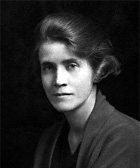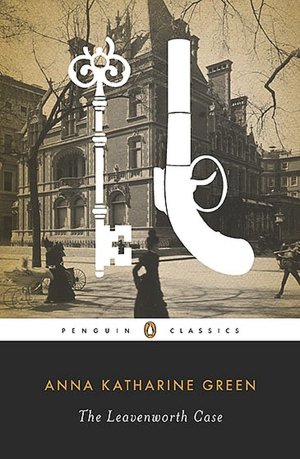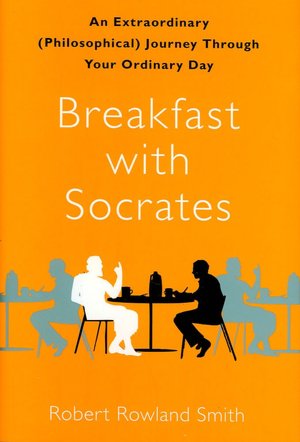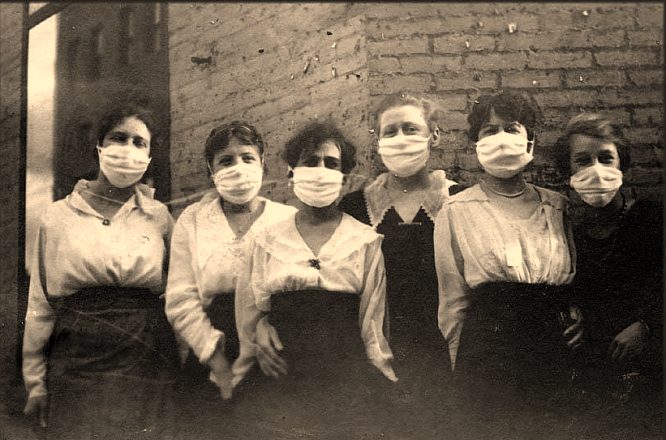
Books read: 7
Books bought: 3
Books returned to the library unread: 0
Books begun and still reading: 1 (Living Alone by Stella Benson)
Authors met: 0
Even with an extra day in the month I only got around to reading seven books. Of course, The Greater Journey took a week to read. Actually, except for that one title, it was a disappointing month for books. As I look back on the books read, there isn't any other one that didn't feel as if I were just slogging through words.
Well, March is ahead. Maybe my brain was tired from the 14 books I read in January. Not that I am on a mission to read a bunch of books just so I can say I have...
My three Merry Hall books by Beverley Nichols arrived yesterday from Powell's. I pulled down off the shelf my copy of The Story of Charlotte's Web by Michael Sims and will start the month off with it.
I ran into an old friend today outside the post office. We had worked together at a bookstore in the '90s. We once made a pilgrimmage to Memphis in honor of Elvis. We also wrote a book, the draft of which is still in my possession. She lived in another city until maybe two years ago. We stood on the sidewalk and made a pact to read our manuscript over a cup of espresso. An espresso makes everything better.




 Well, I did discover that there is an independent bookstore in downtown Cincinnati. It is the Ohio Book Store and was established in 1940. Unfortunately, I was unable to visit.
Well, I did discover that there is an independent bookstore in downtown Cincinnati. It is the Ohio Book Store and was established in 1940. Unfortunately, I was unable to visit. 




















